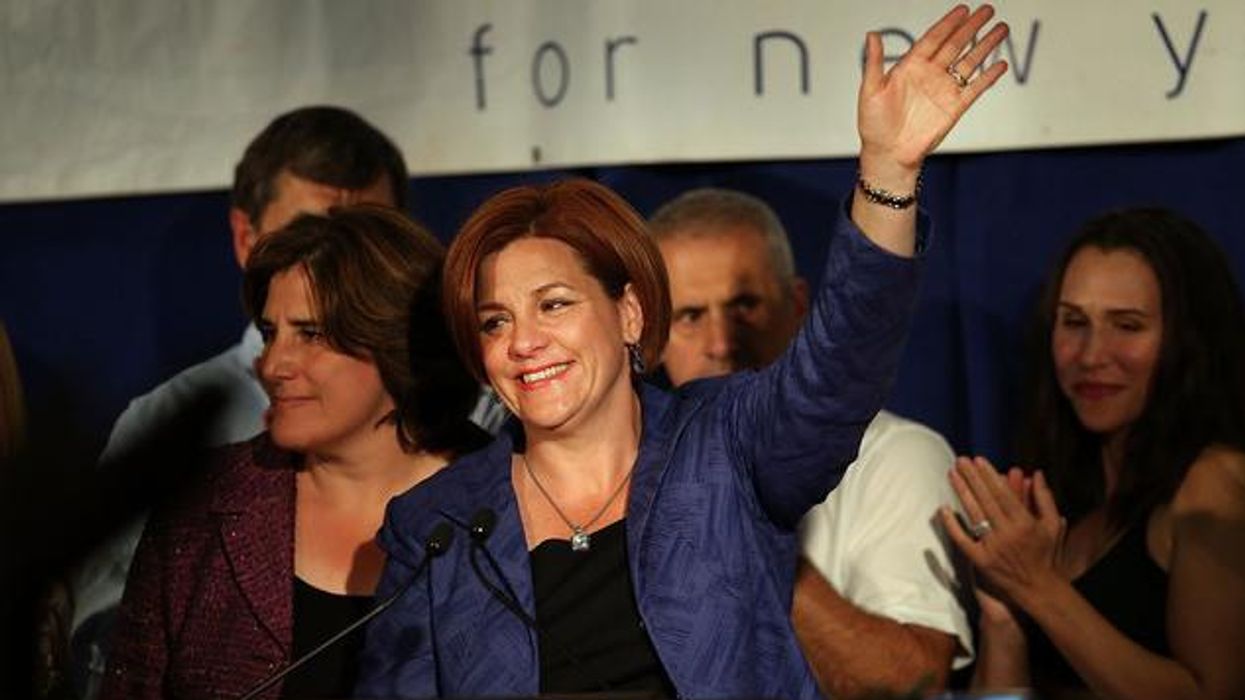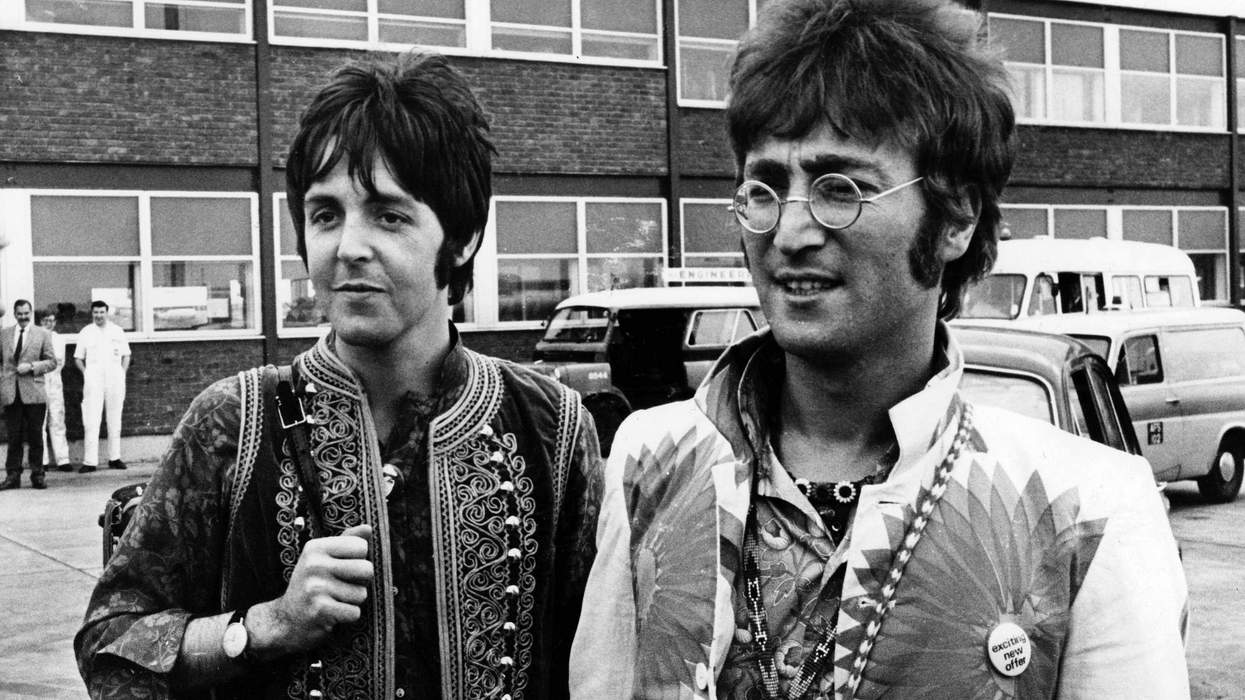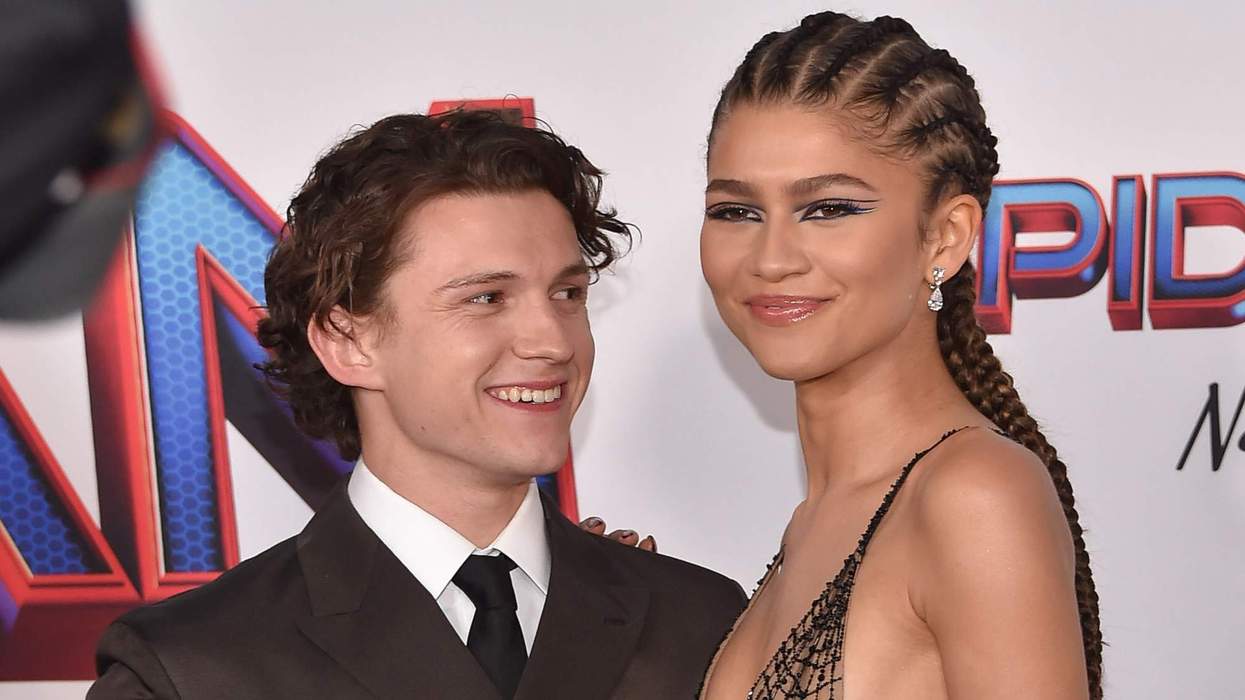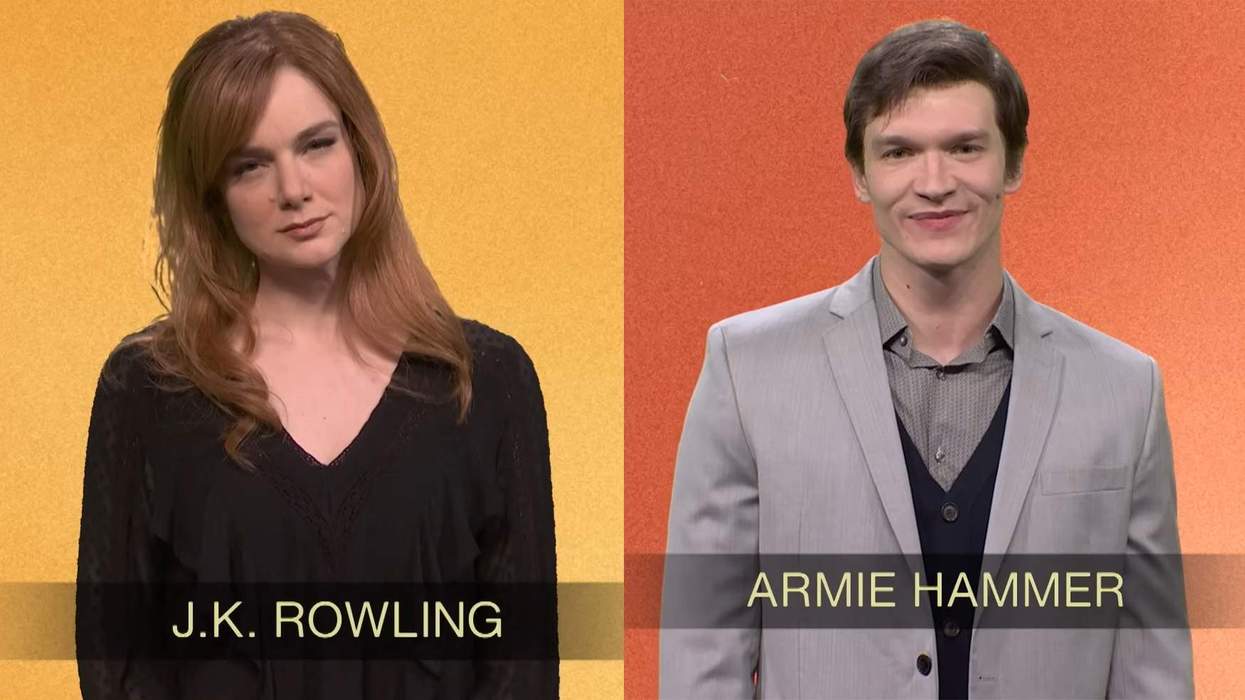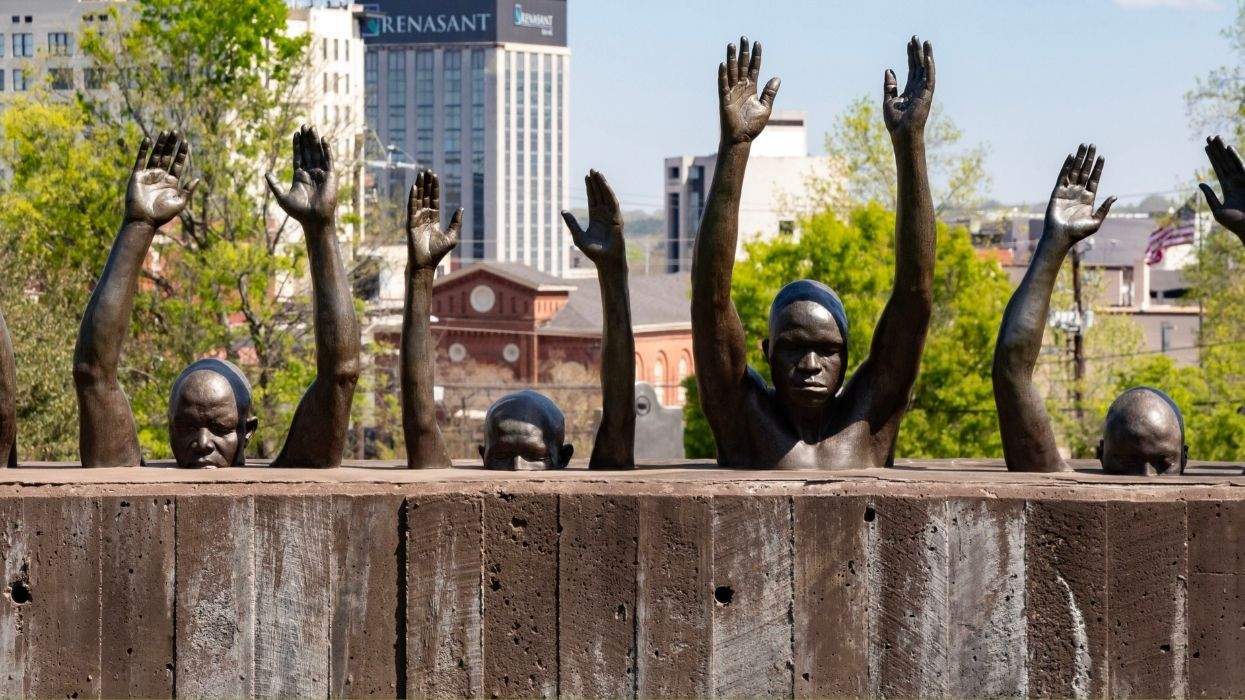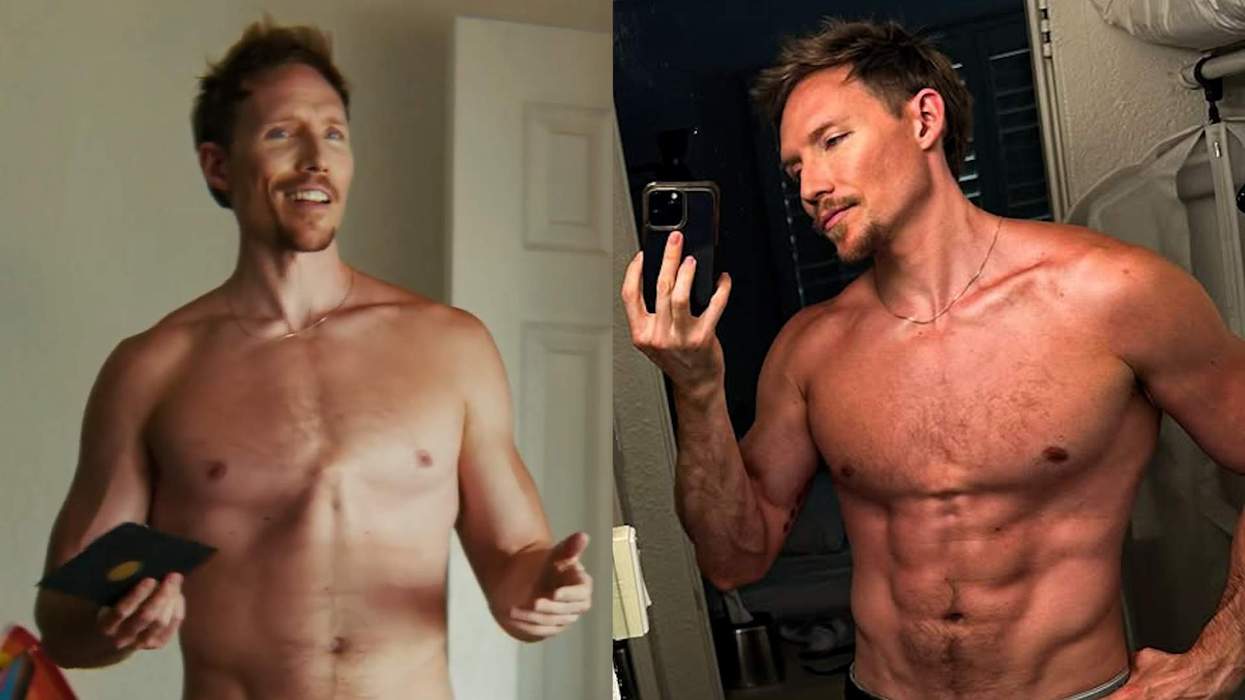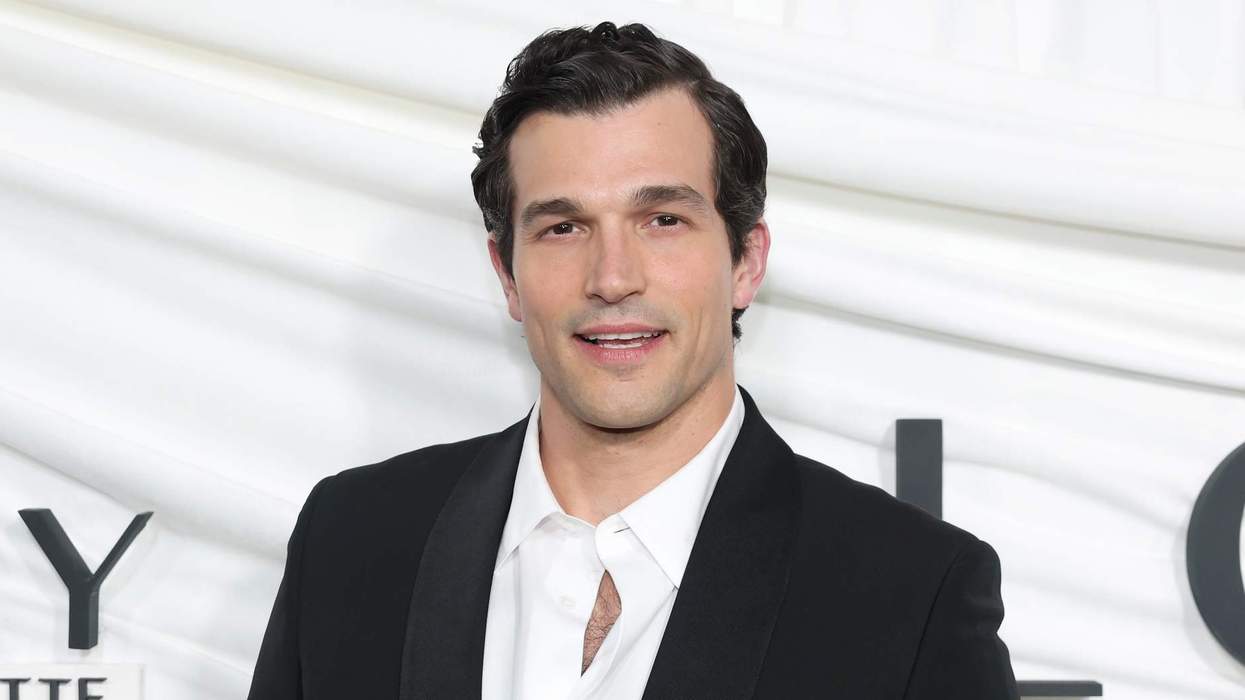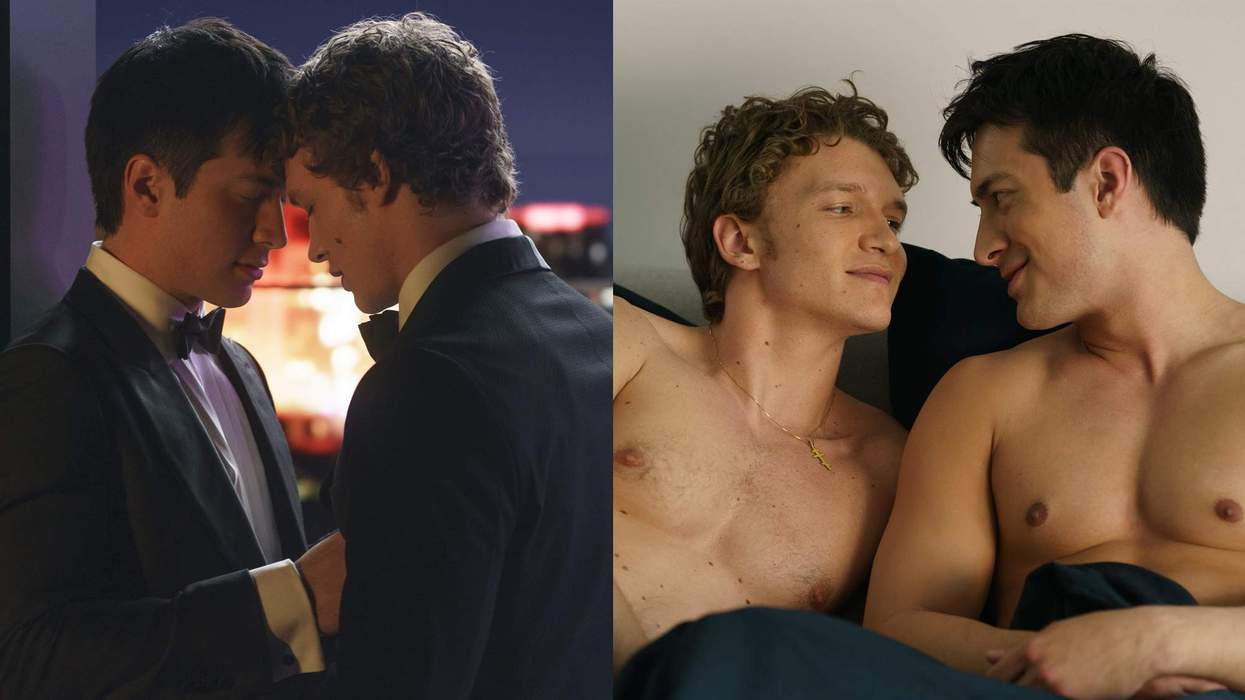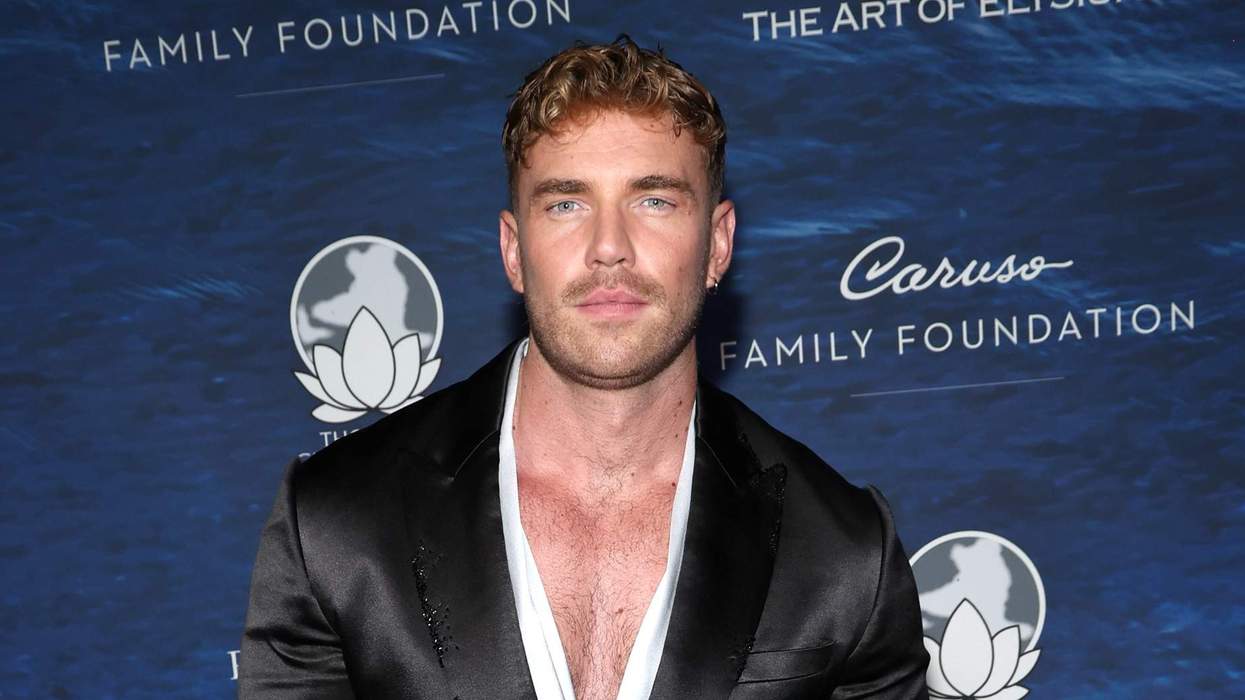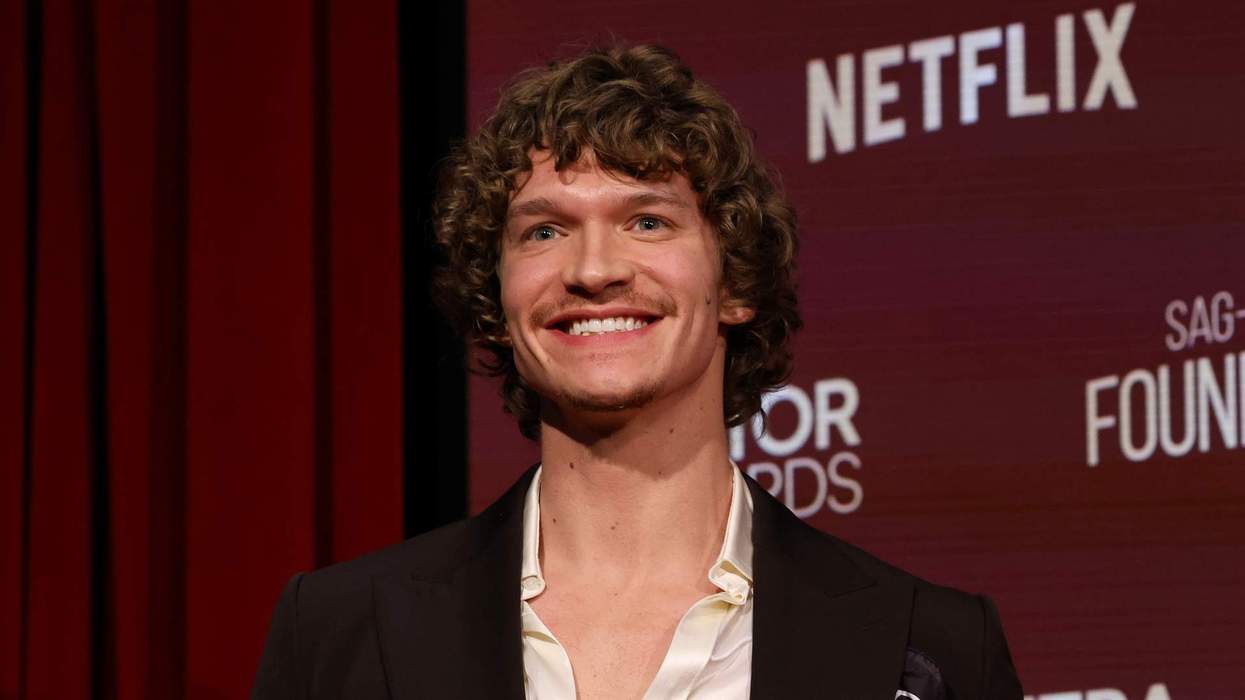That was surprising: New York City Council Speaker Christine Quinn was roundly defeated in New York City's Democratic mayoral primary yesterday. Most people thought that Quinn's ties with current Mayor Mike Bloomberg was her greatest asset and would vault her to Gracie Mansion, thus making her the city's first female and first lesbian mayor. But it was the opposite: Quinn's support for Bloomberg's policies actually repelled voters, leaving room for progressive Bill de Blasio to maneuver to the top. He and New York City comptroller Bill Thompson are currently counting votes to see if there will be a runoff.
Though it appears de Blasio has the necessary 40% of the vote, compared to Thompson's estimated 23%, as of this writing nothing has been finalized. (UPDATE: De Blasio indeed won the primary and both Thompson and Quinn have endorsed him.) But with 98% of precincts counted, Quinn only received 16% of the vote. Not even gay and lesbian voters went for Quinn, who's a lesbian and whom many assumed had the LGBT population in the bag. According to New York Times exit polls, 34% of self-identified gay voters backed Quinn, while 47% went for de Blasio.
So, what will Quinn do next? She told supporters in her concession speech that she will continue fighting "each and every day" for their ultimate goal, "making sure the promise of New York City is shared equally." Other than that, though, Quinn's future is unknown, most likely even to Quinn herself.
Yes, Quinn will probably play some kind of a role in the election, which will put the eventual Democratic candidate against Joe Lhota, a Republican currently being backed by the conservative billionaire Koch Brothers. But considering her unpopularity among voters, it's unclear whether she'll be valuable to the eventual Democratic candidate.
But yesterday, before the race was called but when the writing was on the wall, Quinn told the New York Times that her race wasn't about coming out of Bloomberg's shadow. It was about breaking political and economic barriers and for dismantling a political machine. "There is a government out there that if you're not in 100 percent agreement all of the time, you never work together," she said. "It's Washington. Nothing good comes out of there for the people of New York. At the end of eight years, the main thing I have to do is know that I did this job the best I could to get results for New Yorkers."
Perhaps Quinn's next calling is to a higher office, down in DC? Or maybe Quinn will call it quits and join the cable news circuit, a political tradition these days. Or maybe she'll do both: take time off, gab a bit, and then return in a few years, when the dust from this bruising race has settled.
(Image via Getty Images)


